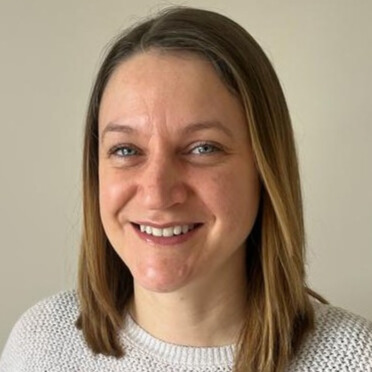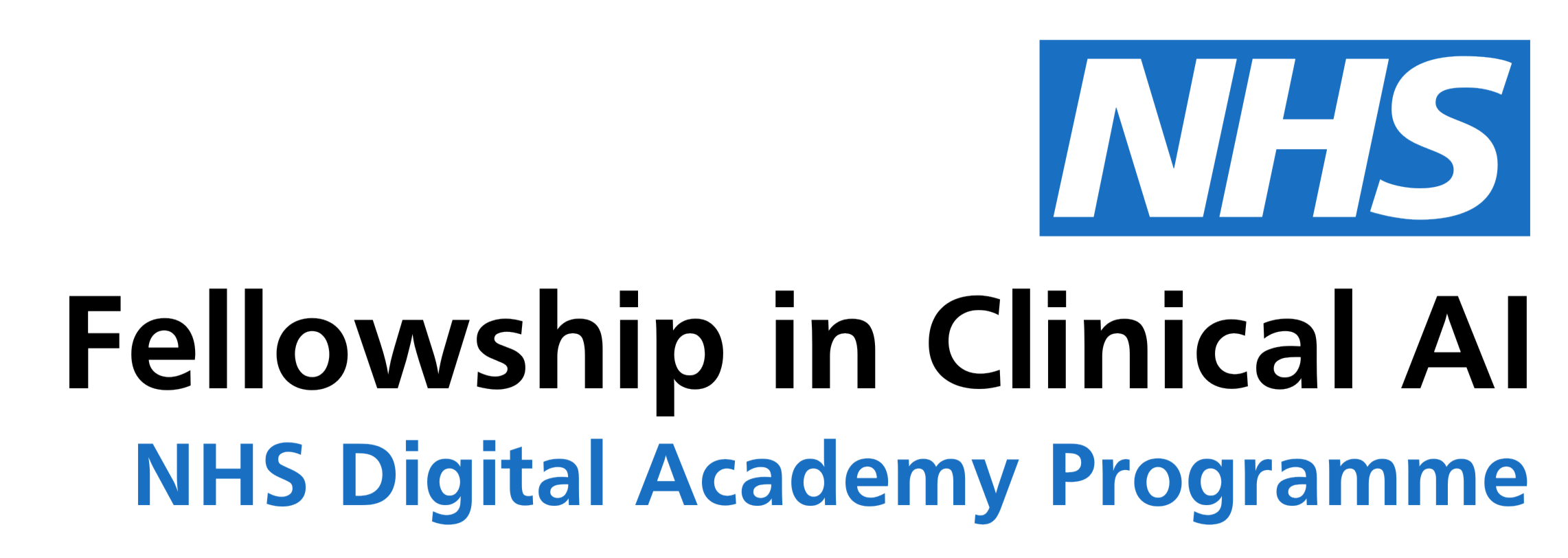
Helen Livesey
Fellow in Clinical AI, Cohort 3
Fellowship Bio
Clinical Genetics Registrar with an interest in digital innovation and medical education.
Fellowship Project
Evaluating clinician perception, image features and association with predictive risk factors during AI-assisted polyp detection and characterization in bowel cancer screening colonoscopy
Cardiff and Vale University Health Board
Colorectal cancer is a major global health concern, ranking as the third most common cancer globally and the second leading cause of cancer death in the UK. It often develops from precancerous polyps, which can be detected and removed during colonoscopy, the gold standard procedure. However, up to 27% of these polyps are missed during the procedure, potentially leading to post-colonoscopy colorectal cancer. The Future of Real Time Endoscopy Artificial Intelligence (FORE AI) study explores whether AI can help address this challenge, and whether AI can enhance colonoscopy outcomes in a Bowel Cancer Screening Program. The study is evaluating a Computer Assisted Detection and Diagnosis for Intelligent Endoscopy (CADDIE system), which is an AI-powered tool developed to act as a “second pair of eyes” during colonoscopy. The CADDIE system uses deep learning to support endoscopists, potentially reducing missed polyps, lowering PCCRC rates, improving patient outcomes, and saving NHS costs. The FORE-AI trial was completed in around 10 different sites, and data obtained from approximately 1000 participants. However, there were significant delays in the processing of this data. My role in the project involved attendance at regular progress meetings with both the trial team and the medical technology partner to address challenges, expedite data analysis, and establish timelines to help drive the project forward. Due to delays in video annotation and pathology matching with the FORE-AI trial I also contributed to data cleansing efforts in a related colonoscopy trial. Looking ahead, I aim to continue contributing to data analysis and trial result publication. Future work also includes assessing how well AI works with chromoendoscopy after further training of the CADDIE system.
Fellowship Testimonial
Completing this fellowship has been both challenging and rewarding experience, offering me invaluable insight into the challenges and opportunities of clinical research, particularly in navigating the complexities of AI and non-AI research. I gained first-hand experience navigating the complexities of research, from AI-related hurdles such as server connectivity issues and the realities of implementing new technologies in clinical settings, to more generalised challenges, such as aligning pathology matching with clinical outcomes and the need for high-quality data annotation. The project also highlighted several barriers to the successful deployment of AI within the NHS, and provided me with valuable insight into challenges associated with large-scale research projects. Working closely with both academic and industry partners gave me a clearer understanding of how priorities differ, and the importance of bridging these perspectives was a key learning point for me and, involvement in the project highlighted the importance of advocating for practical, patient-centered AI solutions. One of the most enjoyable aspects of the fellowship was the masterclass sessions, which provided the opportunity to meet with like-minded healthcare professionals; fostering shared learning and peer support, while helping build a professional network. I also attended numerous AI-focused events and completed several virtual AI courses helping to deepen my understanding. This fellowship has solidified my commitment to ongoing involvement in clinical AI research. Discussions are underway for an AI project within my own department, and I look forward to continuing to contribute to the development of safe, effective AI tools that benefit patients and support clinicians.


